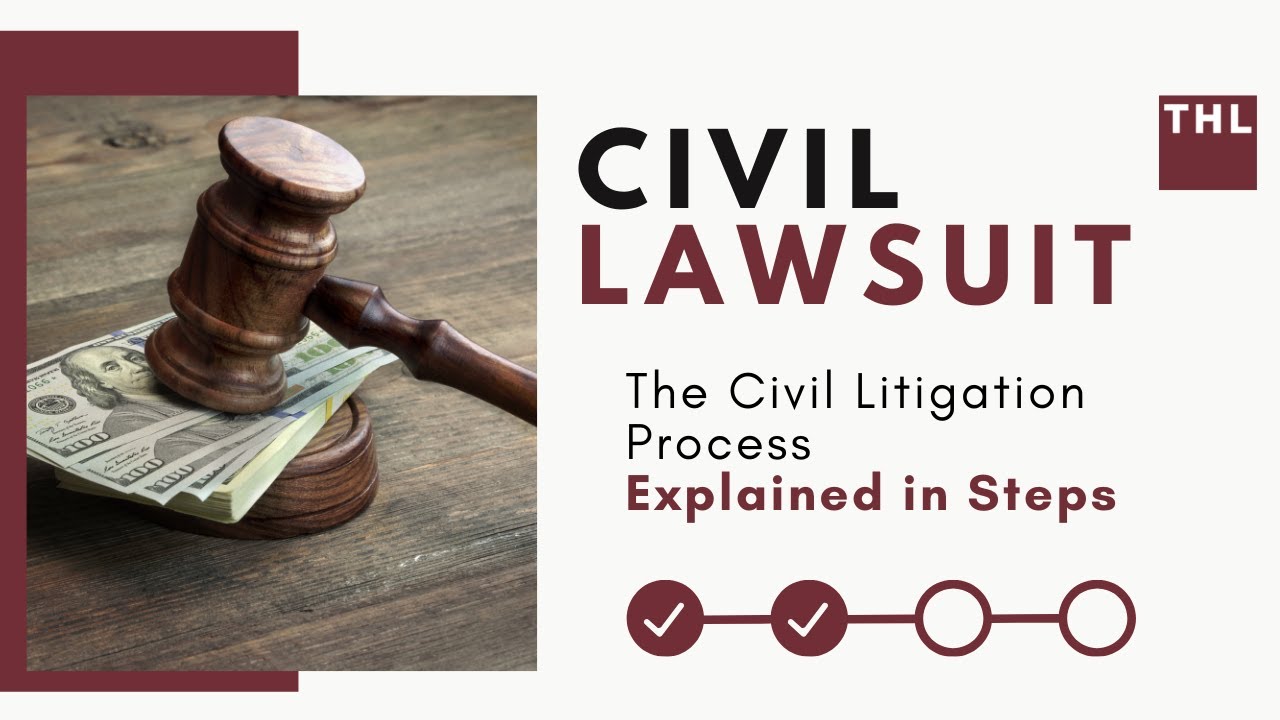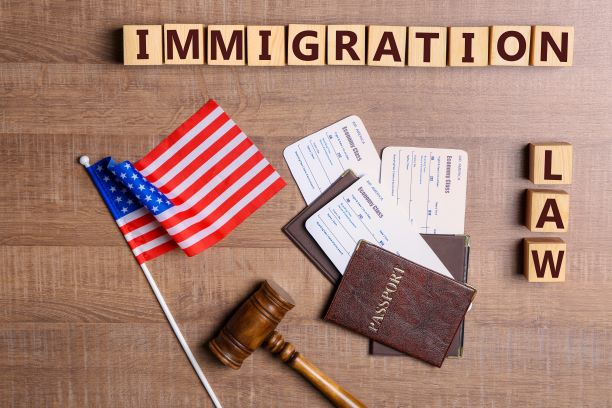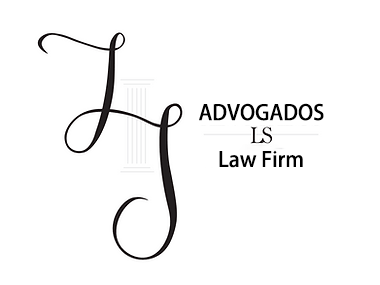top of page
LEGAL ISSUES explained: News

Explanation of LEGAL ISSUES
The legal framework is grounded in Constitutional Law and Common Law, integrating statutory law, criminal law (particularly in relation to financial fraud), and other legal disciplines to define governmental structures and obligations. It delineates fundamental rights of citizens, including freedoms such as speech, religion, and the right to equal protection under the law. Additionally, it governs the distribution of powers between state and federal governments, ensuring a balanced and functioning legal system.

LS Lawyer
December 10, 2020
Explanation of the main LEGAL ISSUES in virtual currency transactions
The legal system for virtual currency transactions in the United States is still in the development stage and involves the intersection of multiple legal fields. Key LEGAL ISSUES include the definition of virtual currencies, tax issues, anti-money laundering and compliance requirements, investor protection, and the application of securities laws. With the development of the virtual currency market and changing technologies, virtual currency transactions have become a common means of online fraud and money laundering. Regulatory agencies and legislators are working hard to update and improve relevant laws to deal with new challenges and problems. Therefore, virtual currency investors and exchanges need to pay close attention to regulatory trends to ensure compliance operations.
267 views0 comments

LS Lawyer
February 18, 2019
Criminal Cases
A criminal case is when the state prosecutes an individual or group for violating the law, usually involving a threat to public safety or public order. Common criminal cases include: Theft: Theft refers to the illegal acquisition of other people’s property. Theft is usually divided into misdemeanors (such as petty theft) and felonies (such as grand theft or robbery). Assault: Assault is an act that intentionally causes physical harm to another person. Assault includes minor assaults (such as pushing) and severe assaults (such as beatings, use of weapons, etc.). Drug Crimes: including possession, selling, manufacturing or smuggling of illegal drugs. Drug crimes can be misdemeanors or felonies depending on the type and amount of the drug. Drunk driving (DUI/DWI): Drunk driving or driving under the influence (DUI, Driving Under the Influence) is a common traffic crime in the United States. If your alcohol concentration exceeds the legal limit, you may be prosecuted. Murder and Manslaughter: Murder refers to causing the death of another person intentionally or maliciously, while manslaughter usually refers to causing the death of another person due to negligence or accidental behavior.
232 views0 comments

LS Lawyer
December 3, 2018
Financial Fraud
Involves inducing others to make harmful financial decisions, often with the intent of illegally obtaining money or property, through misrepresentations, concealment of facts, or other deceptive means. The LEGAL ISSUES of financial fraud involve many fields, including legal provisions in securities, banking, investment, consumer protection and taxation. The following is a legal explanation of financial fraud in the United States, covering the different types of financial fraud, related laws, and their criminal and civil consequences. 1. Common types of financial fraud (1) Securities Fraud Securities fraud refers to misleading investors to invest in securities (such as stocks, bonds, options, etc.) through false statements, concealment of key information, or other deceptive behaviors. Obtain illegal benefits. The U.S. Securities and Exchange Commission (SEC) is responsible for regulating the securities market and combating securities fraud. (2) Bank Fraud Bank fraud refers to illegally obtaining funds or other assets from banks or financial institutions through deceptive means. Such fraud may include false loan applications, bank account forgery or transfer fraud. (3) Investment Fraud Investment fraud refers to inducing investors to make untrue or illegal investments through false propaganda or concealment of key information. Common forms of investment fraud include Ponzi schemes, virtual currency exchange scams, fake investment products, etc. (4) Insurance Fraud Insurance fraud refers to illegally obtaining insurance compensation through false statements, forged events, or exaggerated losses. This type of fraud often involves car accidents, property damage, or health insurance fraud. (5) Consumer Fraud Consumer fraud refers to misleading consumers into purchasing goods or services through deceptive means, usually involving untrue advertising, false promises or deceptive sales strategies. (6) Tax Fraud Tax fraud refers to deliberately concealing income, falsely reporting expenditures or providing false information to evade tax obligations. Tax fraud includes not only personal tax fraud, but also corporate tax fraud.
129 views0 comments

LS Lawyer
December 3, 2018
Civil Cases
Civil cases typically involve disputes between individuals or companies and typically do not involve criminal penalties but may result in damages and civil liability. Common civil cases include: Contract Disputes: Contract disputes occur when two or more parties fail to perform the terms of the contract and may involve the validity, performance and breach of contract. Personal Injury: This refers to physical injury caused by the negligence or intentional conduct of another person. Common personal injury cases include car accidents, medical malpractice, slip and falls, and work-related injuries. Victims can request compensation for medical expenses, lost wages and mental damage. Divorce and Family Law: Divorce involves issues such as distribution of property, child custody and spousal support. Family law also includes adoption, child custody, and domestic violence cases. Real Estate Disputes: Involving issues such as property sales, leasing, ownership disputes and property violations. For example, disputes between landlords and tenants, property rights transfer disputes, etc. Consumer Protection: Consumer protection laws mainly protect consumers from unfair, fraudulent or deceptive business practices. For example, false advertising, mis-selling and product liability.
4,868 views0 comments

LS Lawyer
April 27, 2018
Immigration Law
Immigration laws involve issues such as the legal status, entry, residence and work of foreigners in the United States. Common immigration LEGAL ISSUES include: Visas: Visas are authorizations for foreign citizens to enter the United States. They are divided into non-immigrant visas (such as tourist visas, student visas) and immigrant visas (such as work visas, relative visas). Visa refusal or visa extension are common immigration issues. Green Card and Permanent Residency: Foreigners holding green cards are legal permanent residents of the United States. The ways to obtain a green card include family relationship, employment and asylum. Refugees and Asylum: Refugees are people who have left their country of origin due to persecution or fear of persecution. Asylum is applying for asylum in the United States to avoid persecution if returned home. Deportation and Removal: Non-U.S. citizens who violate immigration laws may face the risk of deportation or removal.
4,822 views0 comments

LS Lawyer
November 21, 2017
Bankruptcy Law
Bankruptcy law involves the legal process when an individual or business is unable to pay its debts. Common types of bankruptcy include: Personal Bankruptcy (Chapter 7): Personal bankruptcy usually involves liquidating property and paying off debts. Suitable for those with lower incomes and limited assets. Corporate Reorganization (Chapter 11): Corporate bankruptcy usually refers to the reorganization of a company during the bankruptcy process to restore financial stability and continue operations. Debt Repayment Plan (Chapter 13): An individual can pay off some or all of their debt over three to five years through a debt repayment plan.
1,165 views0 comments

LS Lawyer
September 8, 2017
Family Law
Family law involves the legal relationships between family members, especially in terms of marriage, parent-child relationships, etc. Common family law issues include: Divorce: Involving issues such as property division, spousal support (alimony), child custody and visitation rights. Custody: Legal disputes involving the custody and custody of children between parents. Adoption: Involves the adoption process and its legal requirements. Domestic Violence: Involves violence between family members, including physical, psychological or sexual violence. Victims can apply for a protective order.
7,997 views0 comments

LS Lawyer
August 9, 2017
Environmental Law
Environmental law deals with the protection of natural resources and the environment. Common environmental LEGAL ISSUES include: Pollution and Pollution Control: Involving the control of air, water and soil pollution, violations of environmental laws may result in fines and environmental restoration. Land Use and Zoning: Involves LEGAL ISSUES such as land development, environmental impact assessment, and urban planning.
3,073 views0 comments

LS Lawyer
July 21, 2017
Labor and Employment Law
Labor law deals with the relationship between employees and employers. The core of U.S. labor law includes protecting workers' rights and interests, stipulating employment conditions, and providing wages, vacations and other benefits. Common labor law issues include: Discrimination: Employers cannot discriminate against employees based on race, gender, age, religion, nationality, etc. Title VII of the U.S. Civil Rights Act explicitly prohibits this kind of discrimination. Wages and Hours: Including issues such as compliance with minimum wage laws (such as the Fair Labor Standards Act (FLSA)), overtime pay calculation, etc. Many states also have their own wage standards. Workplace Safety: The U.S. Occupational Safety and Health Administration (OSHA) has developed workplace safety standards that require employers to provide a safe working environment and prevent accidents. Wrongful Termination: Employees cannot be unfairly dismissed because of race, gender, age, religion or retaliation. If an employee did not breach a contract or law and was unlawfully terminated, a lawsuit may be filed. Employee Benefits: Including health insurance, pension, paid leave and other benefits. These are typically mandated by contracts between the company and its employees, or state or federal law.
496 views0 comments

LS Lawyer
July 19, 2017
Intellectual Property
Intellectual property refers to the area of law that protects creators’ original works from unauthorized use. Common intellectual property LEGAL ISSUES include: Patents: Patents are protection for inventions, ensuring that the inventor enjoys exclusive rights to the invention for a period of time. Patent infringement refers to the unauthorized use of patented technology. Trademarks: Trademarks protect brands, company names, product logos, etc. to prevent consumer confusion or company counterfeiting. Copyrights: Copyright protects original literary and artistic works, etc., and prevents others from copying and distributing the works without permission. Trade Secrets: Trade secrets are legal tools used to protect company secrets and proprietary technology. Disclosure or misappropriation of trade secrets may result in litigation.
65 views0 comments
bottom of page
